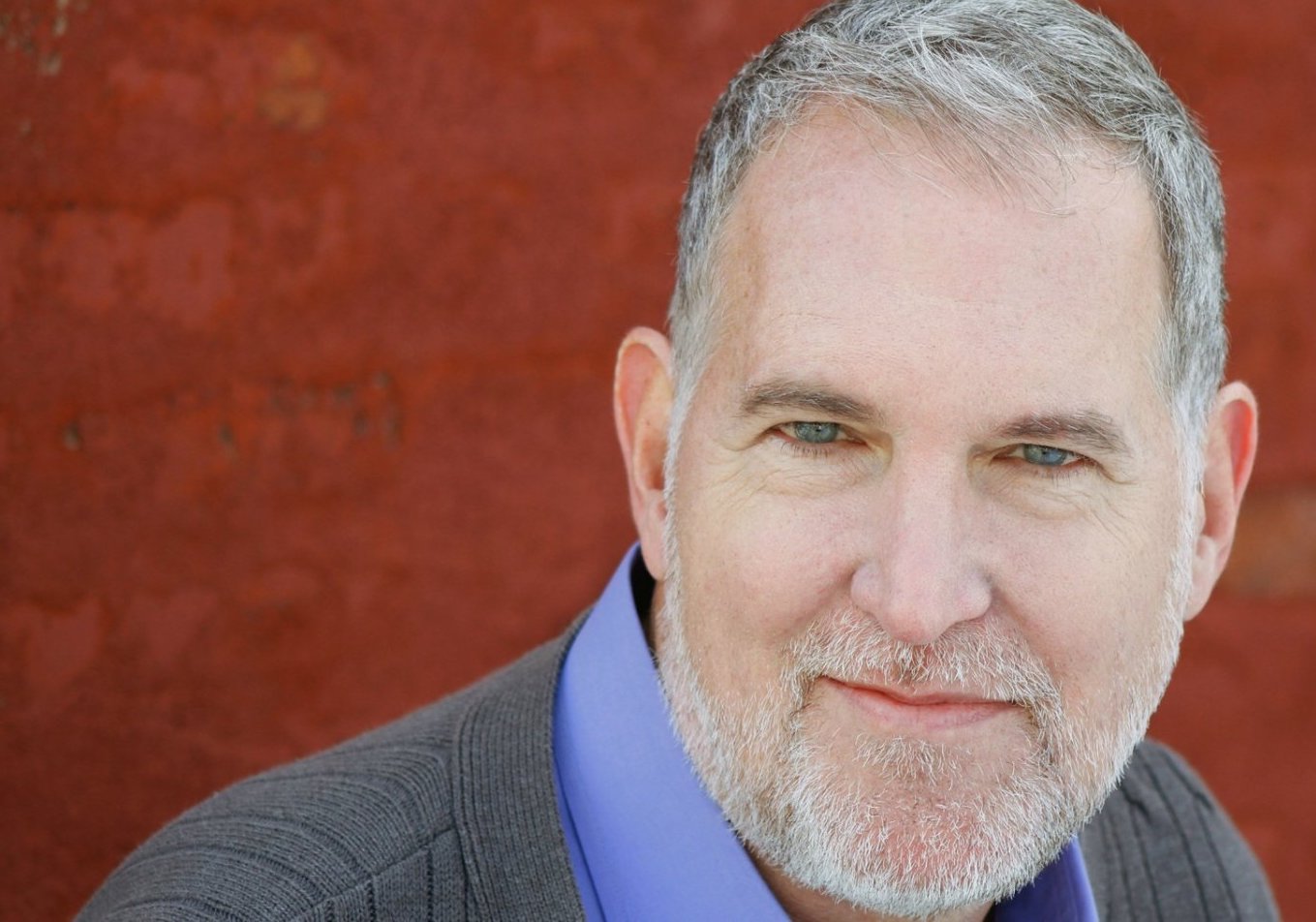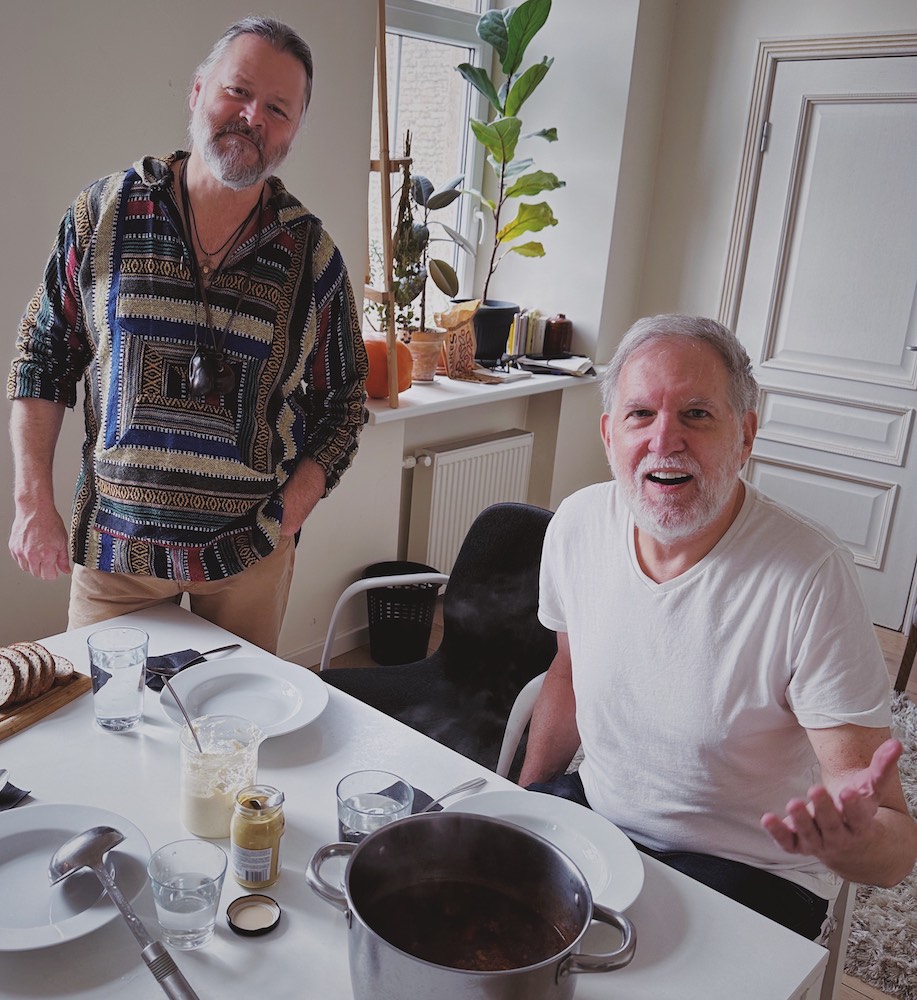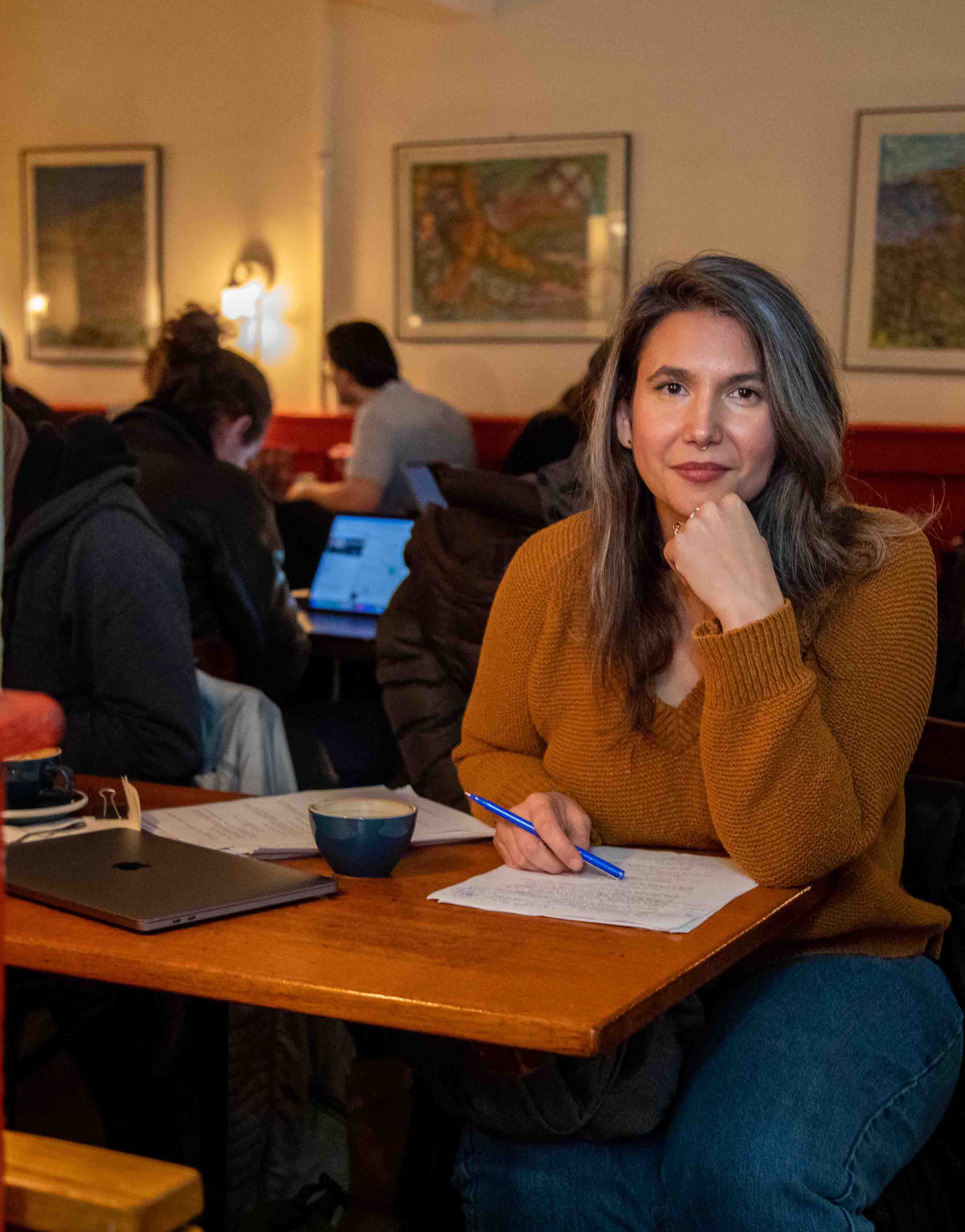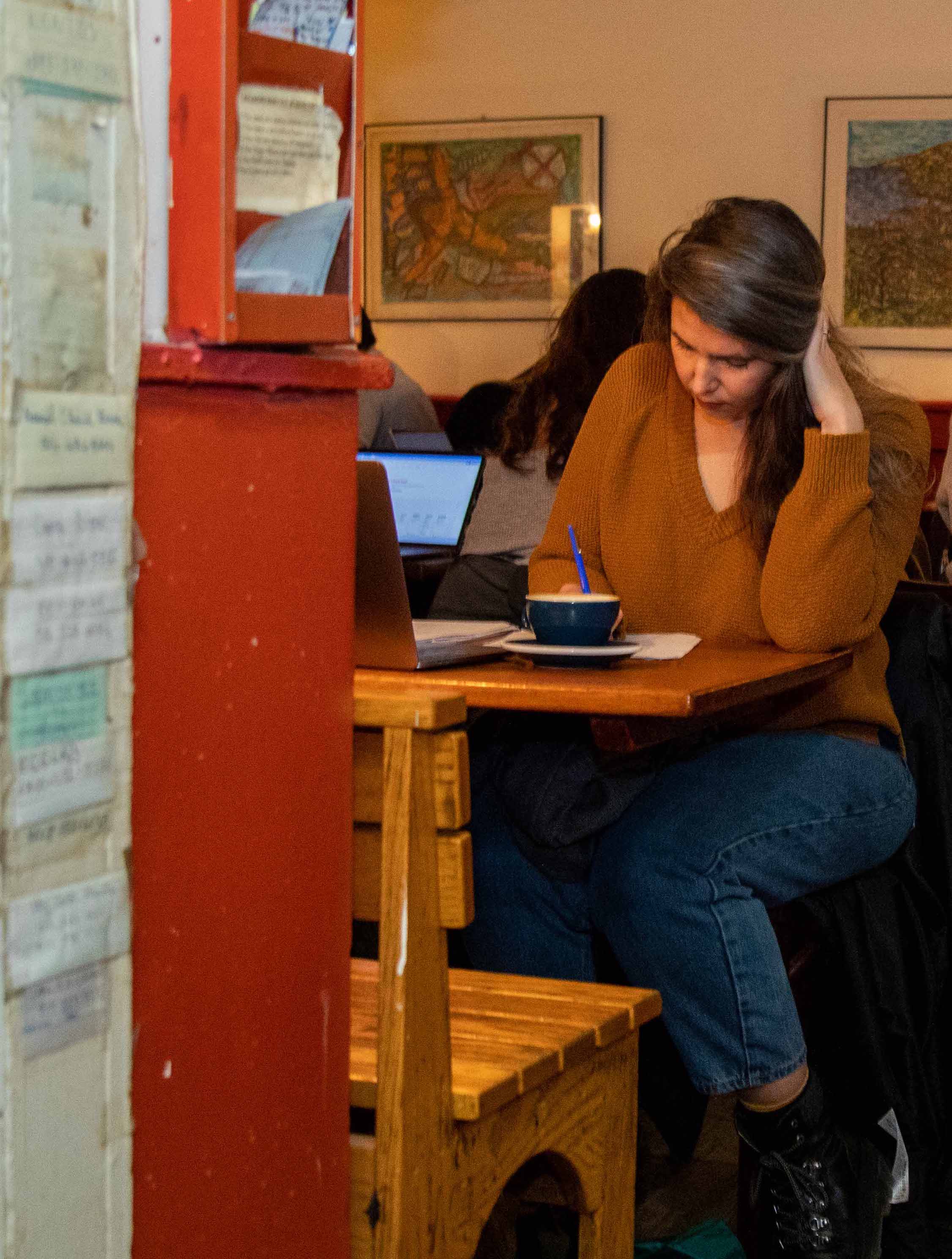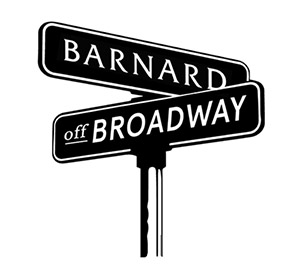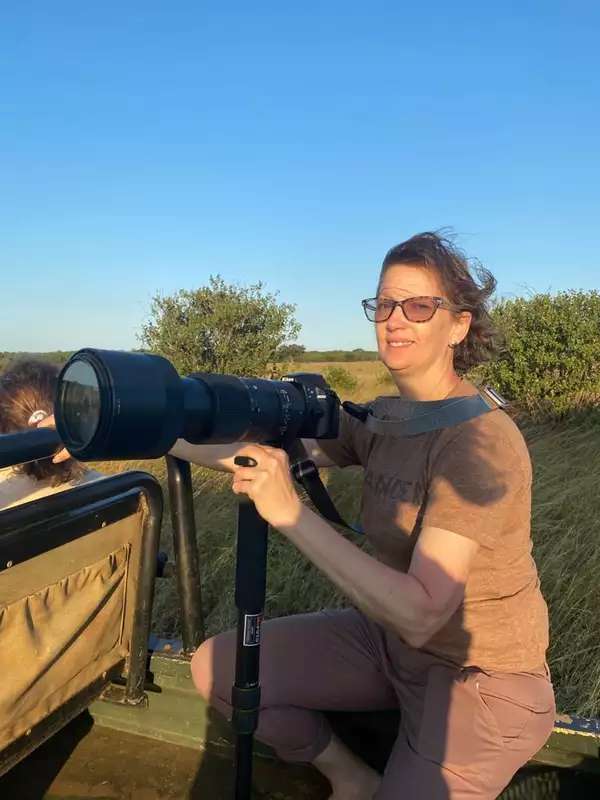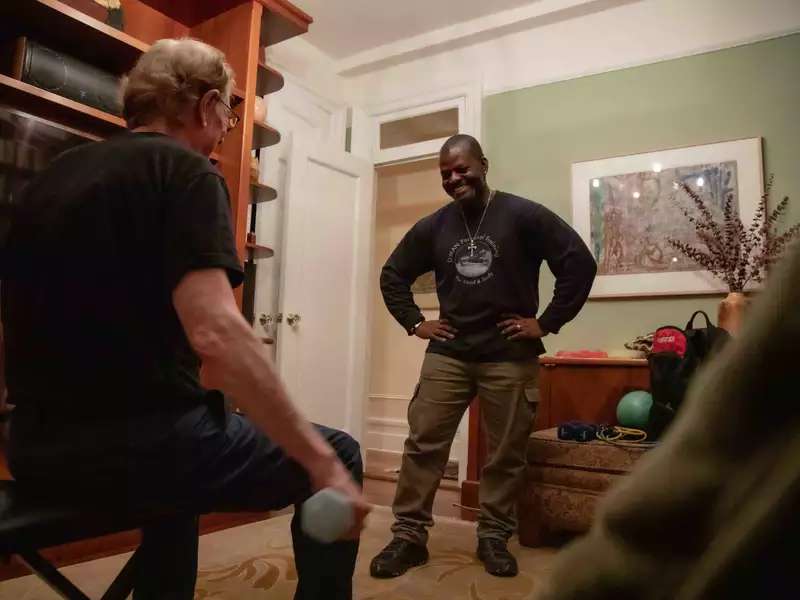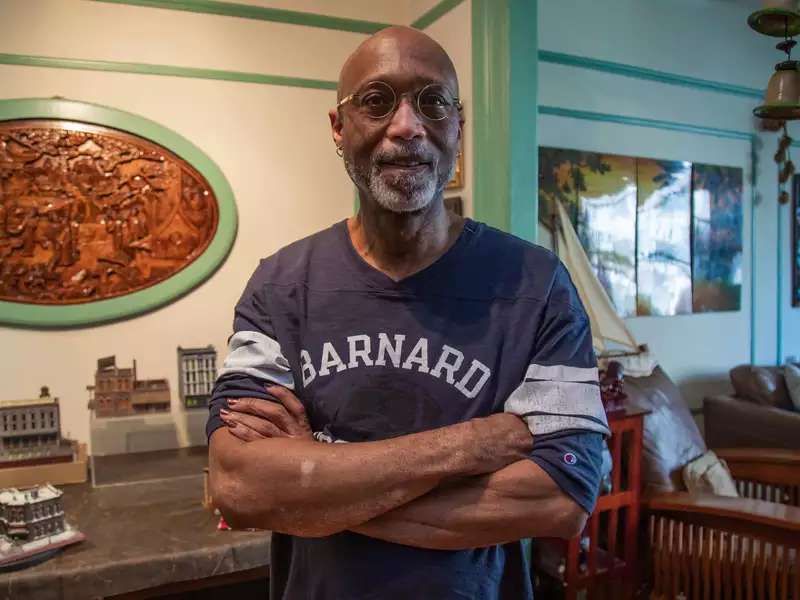Each year, film aficionados eagerly await the arrival of March, which they affectionately call Oscars season. This year — the awards ceremony was held on March 12 — was no different.
But that’s not the only event for cinema buffs: March also marks Barnard’s annual Athena Film Festival. This year, the festival celebrated its 13th anniversary (March 2-5) and offered an impressive collection of narrative, documentary, and short films for community members to enjoy through a series of screenings and discussions.
Within this celebratory cinematic spirit, the College zoomed deeper behind the gates to two longtime staff members who have each built successful careers in the film and TV industries, outside of their full-time jobs at Barnard — actor Bruce Ross and screenwriter Rachel James.
Bruce Ross, Actor
Bruce Ross’s position at Barnard requires him to wear a lot of different hats, something he has perfected in his personal life and in his career as an actor.
He referred to 2008, the year before he joined the College, as his “annus horribilis,” Latin for “horrible year,” because it was one of the most challenging times in his life. After teaching himself word processing and spending years charting his path on Wall Street, Ross lost his job that year. He was also diagnosed with a rare lymphoma.
"I took a year off, and I had my health insurance covered for that year, but that was running out,” he said. “Barnard was actually the job that kind of saved my life.”
Until 2018, Ross worked in what was then the career services office, the predecessor to Beyond Barnard, which merged career development and student employment under one roof. Now, acting as assistant to the deans at Beyond Barnard, Ross helps triage emails and assists A-J Aronstein, the assistant vice president and senior advisor to the provost, and Christine Valenza Shen ’84, interim executive director of Beyond Barnard, with the day-to-day details needed to help the top-notch career services office thrive.
When he’s not working at Barnard, Ross is on a film set or on stage playing a slew of different roles. Ross was bitten by the acting bug in high school and became more invested after taking a theatre class in college. He continued with lessons during his post-college years, but it wasn’t until the late ’90s that his acting career really took off.
After Ross sent in his résumé, Saturday Night Live (SNL) called and asked him to play a CBS executive. For years after that, Ross was invited back onto the show to play background characters like waiters and orderlies. In time, he scored the role of one of America’s famous politicians.
“They thought I looked enough like Al Gore, and they brought me in for that,” he said. While on SNL’s set, he rubbed elbows with big names like Nathan Lane and Garth Brooks.
Today, Ross has acted in over 40 films, more than a dozen theatrical shows, and seven different TV series. In 2022 alone, he worked on eight movies.
In his most recent film, The Writer, Ross plays a Lithuanian man who reconnects with his Russian lover in New York decades after the two met as soldiers in the Soviet Army. “These two characters have these big, philosophical discussions about religion and about sexuality, family life, and upbringing,” said Ross. “In the end, it is a discussion and struggle between how much choice decides our destiny and how much societal conditions do.”
Ross, who flew to Lithuania in February to work on the film, said he saves up his vacation days to make time for shoots, adding that “Beyond Barnard management has been super understanding and supportive.” He expects production to wrap within the year and for the film to be released in Lithuania and other EU countries.
Part of Ross’s process as an actor is to understand how the character he is playing fits into his own history and humanity. “There’s a reason that person came to that place, and I want to try to find the reasons in myself,” he said.
I was so used to being the only woman in the room. Immediately I was like, ‘I must be here.'
Rachel James, Screenwriter and Director
Every day, Rachel James wakes up at 5 a.m. to write for a couple of hours before getting her toddler daughter ready and jetting off to campus for a full day of work. It’s one of the only times during the day that she can work uninterrupted on her screenplays.
James is the senior associate director of IMATS and the Sloate Media Center. She started as a part-time videographer for IMATS in 2015 while she was pursuing a film MFA from Columbia University. She still remembers the day she interviewed at Barnard.
“I walked past the equipment room, and it was staffed by all these young women. I almost fell on the floor. I was so used to being the only woman in the room,” she said. “Immediately I was like, ‘I must be here.’"
James was hired full-time in 2018. Now, as the lead for IMATS and the Sloate Media Center, she oversees the Emerging Filmmaker Mentorship Program and provides videography services around campus; researches and manages equipment for the Media Center’s production studio; plans screenings; and hosts workshops on media skills, podcasting, DSLR camera photography, and more.
While work keeps her busy, she is grateful to Barnard for offering her a flexible enough schedule. “It’s given me the freedom that I need to pursue my passions on the side,” she said.
James grew interested in screenwriting while studying at the California Institute of the Arts. After earning a master’s in film from Columbia, she hit the ground running as a freelancer and hasn’t stopped since.
So far, James has written screenplays for five feature films, six TV pilots, and 11 shorts — six of which have made it to the big screen. Her current project The Swells, a story about a young woman who invites her victims to a summer lake house to avenge past wrongs, was featured on the Black List and the Hit List. The script is now in pre-production.
Big Bad Wolves trailer, James' short film from 2018.
In recent years, James has gravitated toward horror as a genre but also enjoys dark comedy. “I don’t write rom-coms or children’s movies,” she said. Instead, her screenplays take on more serious narratives — navigating themes like buried trauma and finding personal power.
When it comes to story conception, James draws inspiration from daydreams, interactions she has with strangers, and questions she has in her own life that she feels a need to excavate.
While writing screenplays, James keeps her Barnard team’s motto close at heart: “Perfection is the enemy of the done.” It reminds her to let go and not worry too much about the small details.
